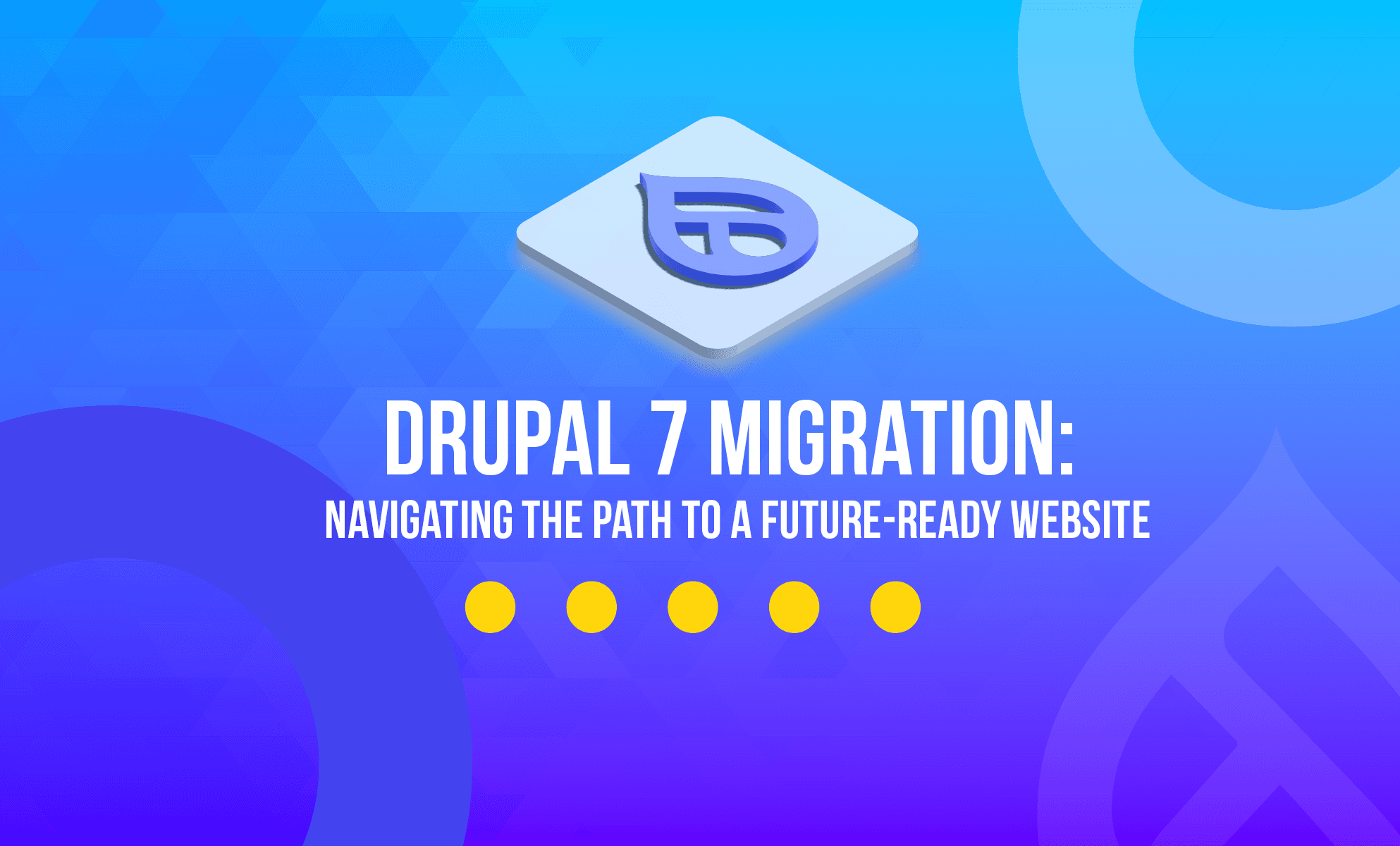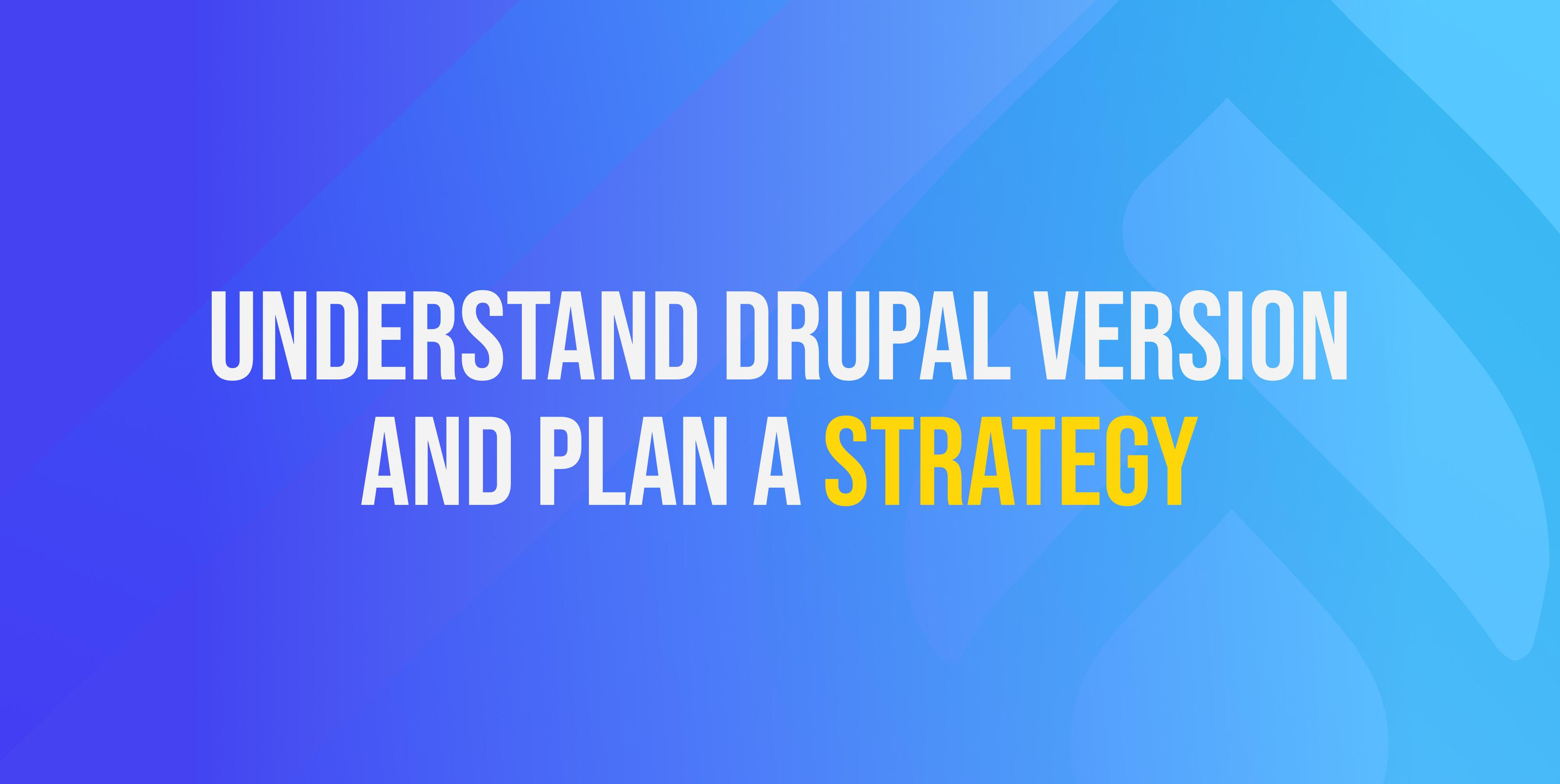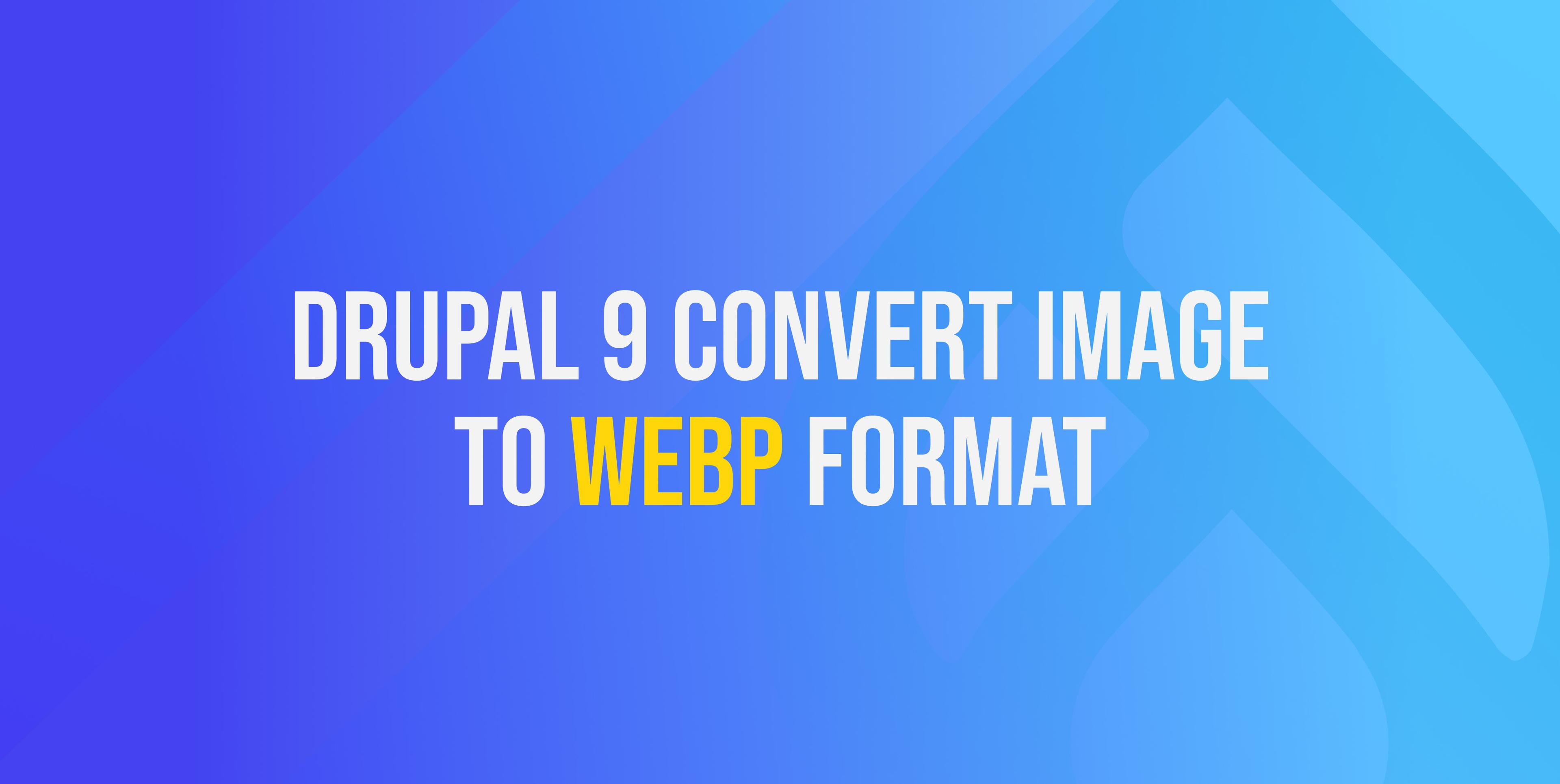Share this article:
Exploring the Drupal community: Resources, support, and documentation
Head of Delivery

Introduction
In the ever-evolving world of web development, content management systems (CMS) play a pivotal role in creating and managing websites efficiently. Drupal, an open-source CMS, is a popular choice among developers and organisations for its flexibility and scalability. One of the key strengths of Drupal is its vibrant and supportive community. In this blog post, we'll delve into the wealth of resources and support available within the Drupal community to help you harness the full potential of this powerful CMS.
Why is the Drupal Community Essential?
The Drupal community is more than just a group of developers; it's a global network of passionate individuals who collaborate and contribute to the growth of Drupal. Here's why it's essential:
- Collective knowledge: The Drupal community is a treasure trove of knowledge. It consists of developers, designers, content creators, and users who freely share their insights and experiences.
- Ongoing development: Drupal is continually evolving, thanks to the dedicated community members who contribute to its core and develop modules to extend its functionality.
- Supportive environment: Whether you're a seasoned developer or a beginner, the Drupal community is known for its friendliness and willingness to help.
Drupal support forums: Your go-to place
When you encounter challenges or have questions about Drupal, the community support forums are your first stop. These forums are a goldmine of information and assistance for all things Drupal-related. Here's how to make the most of them:
- Ask questions: If you're facing issues or need guidance, don't hesitate to post your questions on Drupal.org's forums. Be clear and specific about your problem to receive precise solutions.
- Browse existing topics: Chances are, someone has already faced a similar issue. Use the search function to explore existing forum threads for solutions or insights.
- Participate actively: Don't just be a passive reader. Contribute to discussions, share your knowledge, and help others. Active participation can establish you as a valuable member of the community.
The Power of Comprehensive Documentation
In addition to the active community support, Drupal offers comprehensive documentation and a user guide that serves as a compass for both beginners and experienced users:
- Drupal.org documentation: Visit Drupal.org's Documentation section to access an extensive library of resources covering everything from installation to advanced development techniques.
- User guide: Drupal provides an official User Guide that walks you through the CMS's core features, making it an excellent starting point for newcomers.
- API reference: For developers, the API reference provides detailed insights into Drupal's codebase, allowing you to create custom modules and themes with confidence.
Expanding Drupal's functionality
Drupal's modular architecture allows you to extend its functionality by adding modules and themes. These resources are vital for creating unique and feature-rich websites. Here's how to navigate this aspect of the Drupal community:
- Drupal.org's repository: Drupal.org hosts an extensive repository of modules and themes. You can search and filter these resources based on your project's requirements.
- Module documentation: Each module comes with detailed documentation, helping you understand its purpose, installation, and configuration. Always consult this documentation before implementing a new module.
- Community reviews: Before choosing a module or theme, read user reviews and check its compatibility with your Drupal version. The community's feedback can save you from potential issues.
Engage with the Drupal community offline
In addition to online resources, the Drupal community organises various events and conferences worldwide. These events are excellent opportunities to connect with fellow Drupal enthusiasts, learn from experts, and contribute to the community.
- DrupalCon: DrupalCon is the flagship event, bringing together Drupal developers, site builders, and designers from across the globe. Attend sessions, workshops, and networking events to enhance your skills and expand your network.
- Local meetups: Many cities have local Drupal user groups that host regular meetups. These gatherings are ideal for building connections within your local Drupal community.
- Contribute sprints: Drupal events often include contribution sprints where you can collaborate on Drupal core and contributed module development.
Conclusion
The Drupal community is an invaluable asset for anyone working with this CMS. With its vast pool of resources, forums, modules, and events, it empowers you to create outstanding web solutions while fostering professional growth and collaboration. Embrace the Drupal community, and you'll find yourself on a rewarding journey of web development and innovation. Explore the possibilities today!
SUBSCRIBE TO OUR NEWSLETTER
Share this article:
.png&w=3840&q=75)










